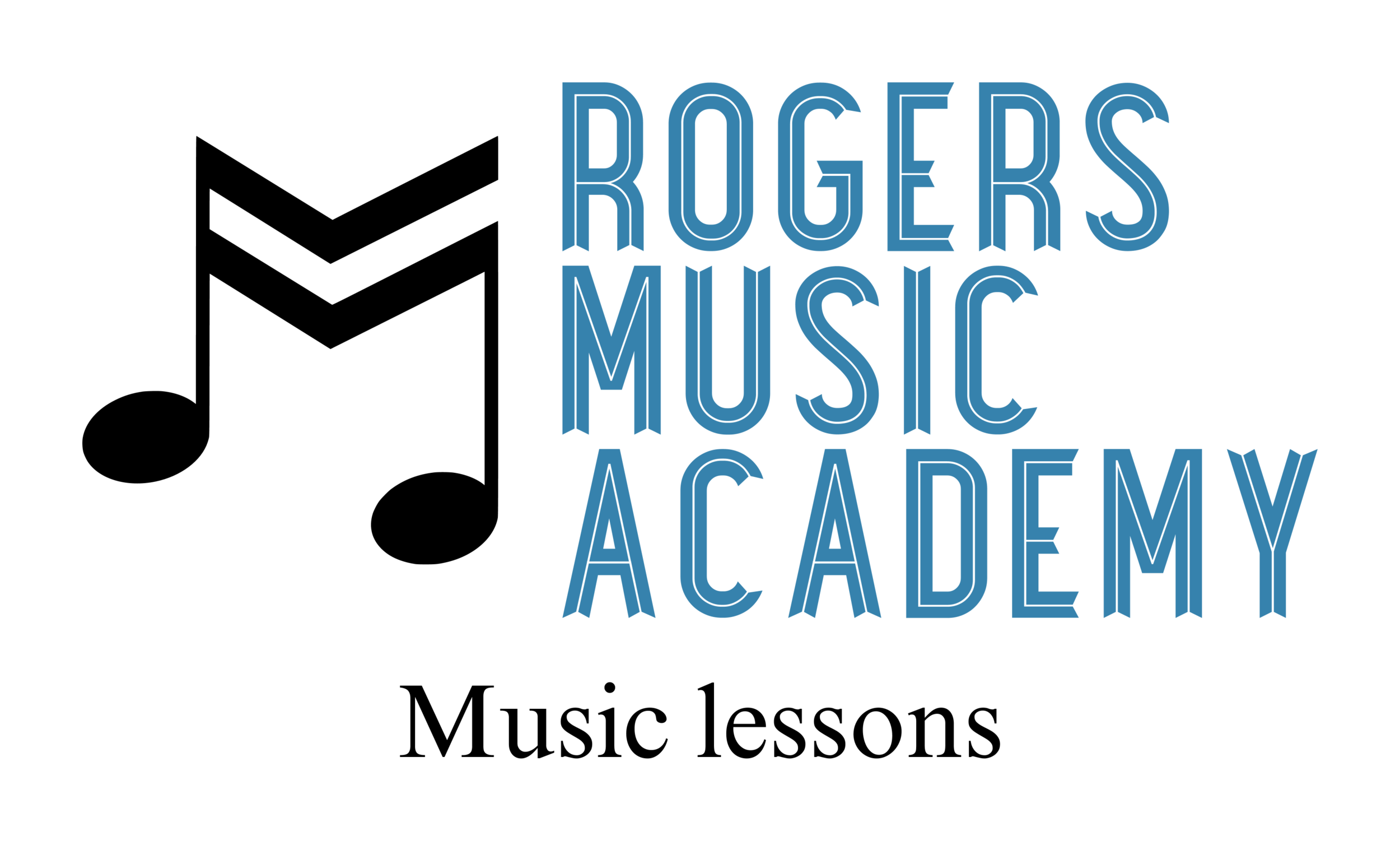Can You Get a Degree in Guitar? Is It Worth It?
Should you consider a bachelor’s, master’s or doctoral degree in guitar performance? What about a music education degree with a guitar concentration?
In this blog, we’ll discuss the world of guitar degrees, the reasons you should consider one, and the reason why you should NOT consider one.
Of course, if you are looking for music lessons or piano lessons in Athens, GA, please get in touch! We help kids and teens aged 7-17 learn to play the guitar, bass and piano faster than you thought possible.
Can You Get a Degree With Guitar?
Yes, you can earn an undergraduate, graduate, or doctoral degree in guitar at many universities in the US. There are also performance certificates available from conservatories and exchange programs as well. In a degree program, you will take private lessons, rehearse and perform with chamber music groups, and fulfill the usual credit load associated with a music degree: theory, music history, composition, and liberal arts classes.
Earning a Guitar Performance Degree
Many American universities offer a bachelor’s degree in music with a concentration in guitar. This degree won’t look much different from piano, voice, or other performance degrees, since you will still need to take the usual 101, 102, 103 etc. level music courses with your peers.
But one point of departure from regular degrees is that guitar performance majors can’t participate in orchestra, chamber string ensembles, choir, or wind band. You will have some chamber music ensembles to play in, early music groups may require a guitar major, and you can play some jazz guitar in combos if the opportunity arises.
You can also earn a master’s degree and doctorate in guitar performance, although your career opportunities will continue to narrow as you do so. Also, this is more of an option for classical guitarists - if you plan on a popular music career, you would have no reason to pursue a MMus or DMus.
Additional reading: Used pianos for sale in Charlotte, NC
Music Education With Guitar Focus
Music Ed students have to choose an instrumental or vocal concentration, and in many universities in the US, you can choose guitar. In addition to your music education coursework, you will need to attend weekly lessons, pass performance milestones, hold at least two recitals, and perform in another instrumental or vocal group.
This path can be tricky - if you want to keep playing the guitar at a professional level, you will need to balance the extremely heavy credit load that comes with a music education degree. Music ed majors take more classes than performance majors, have to deal with student teaching and practicums, and may find it harder to focus on performance.
Career-Focused Degrees With a Guitar Focus
Institutions like the Berklee School of Music offer music production, performance, composition, songwriting, and other music business degree programs specifically designed to help you make a living as a commercial musician. This can be a point of departure from more traditional degree paths.
You’ll also get more opportunities to jam, learn different styles of playing (jazz, rock, funk, etc.), and learn how to land gigs and forge a career in the music industry.
If you want to play in cover bands, learn how to work with record labels, write and sell songs, and pursue other commercial opportunities, this may be a good path for you.
Is a Degree in Guitar Worth It?
If you want to become a college professor in guitar, then yes, a degree is worth it. If you don’t aspire to a teaching career in a university, then no. Academia is its own career path, and you do need advanced degrees to pursue professorships or even adjunct positions.
That said, most college professors have to spend up to 8 years in degree programs and years in low-level adjunct and assistant professor roles to come anywhere close to a tenured position, and the earning potential frankly isn’t that high. You will also need to teach music theory and/or composition courses, and perhaps a number of private students on the side outside of the university.
Degrees don’t necessarily give you an advantage if you want to form a successful band (or cover band) or write songs. You can build a private studio, gigging career, music production business, songwriting career, and more without any academic validation whatsoever.
Did Any Famous Guitarists Get College Degrees?
Yes, a bit of cursory research reveals numerous professional musicians with college degrees, from Jim Morrison to Freddy Mercury. However, they didn’t earn their degrees in guitar. Many well-known professional musicians rose to fame, earned a bit of time off, and then pursued a college degree because they wanted to.
